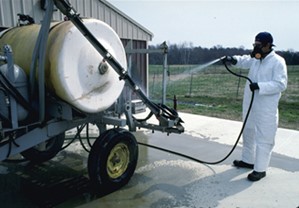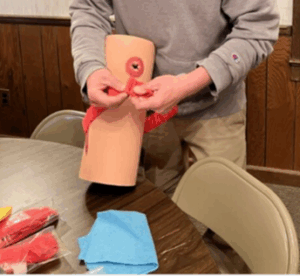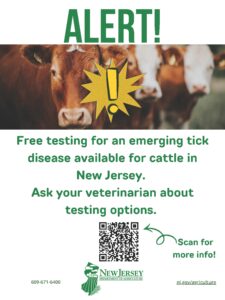The NE Agriculture Expo and Rutgers Educational Sessions Start Tuesday 1/20/26 at Harrah’s in Atlantic City, 777 Harrahs Boulevard. The final day of educational sessions and trade show ends on Thursday at 5pm.
The weather may be cold, but no rain or no snow in the forecast, and warm times inside the conference center to network with others in the industry. An afternoon Hospitality Room will be available 12-5pm on Wednesday and Thursday to relax and unwind in the trade show area. Come for the social aspects, education and gain pesticide recertification credits. Check out the Rutgers Educational Program to see what topics you would like to learn about. go.rutgers.edu/2026rutgerseduprog
What’s Happening
January 20 (Tuesday)
- Pre–trade show workshops and sessions
January 21 (Wednesday)
- Full day of educational sessions for all commodity groups • Year of the Women Farmer Luncheon
- Packed trade show with vendor booths sold out
- Live charity auction with FREE food
January 22 (Thursday)
- More sessions
- Another day packed trade show with vendor booths sold out
- Special appearance by Temple Grandin book signing /meet and greet, then her special session (additional cost)
Registration Options On-Site at the Regitration Counter (hallway of conference center) or On-line https://vganj.com/convention-tickets“>https://vganj.com/convention-tickets
✔️ VGANJ Membership – $100
Includes 2 Expo passes
Additional passes just $25 each
✔️ One-Day Pass – $60

Access to sessions + trade show
Register On-Line to
- Save time at registration
- Walk in, grab your badge
- Enjoy FREE breakfast (8am-10am Wednesday and Thursday in Trade Show)
- Head straight to learning, growing, and catching up with friends
This event under one roof, packed with education and energy, and celebrating New Jersey agriculture at its best.
Plus, buy your tee shirt or hoodie at the registration desk to “Support New Jersey Farmers” and tout “No Farmers No Food” – new this year.





